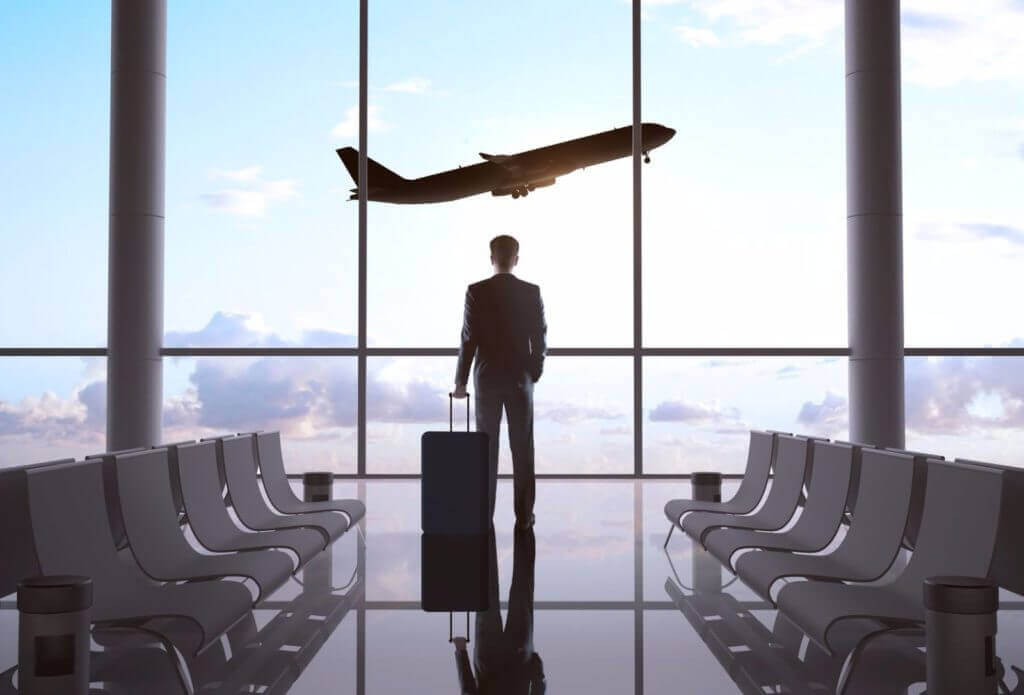Business travel is an important part of the economy. A study from Oxford Economics found that $12.50 of additional revenue is generated in the economy for every $1 spent on business travel. Critical to the hotel industry and to the meetings and conventions industry, it is also an economic necessity for airlines who rely on business travelers because they frequently buy tickets at the last moment, often paying top dollar. According to software firm Trondent Development Corp., business travelers account for only 12 percent of the passenger base but 75 percent of airline profits.
When business travel returns, it is likely that it will change. For the past 15 months, the pandemic has dramatically sped up acceptance of virtual communication tools. Businesses are likely to plan for reduced discretionary spending, which may result in budgets being squeezed for some time. Business leaders may combine meetings so that they maximize the value of each trip for their organization.
Subscribe to our weekly newsletter and stay up to date
In an op-ed for Business Travel News, Scott Gillespie, the founder of travel-focused advisory service tClara, wrote about the anticipated reduction in discretionary business travel, saying there will be, “fewer but more important trips and travelers. Low-value trips will get denied by finance approvers and far fewer infrequent travelers have the need to travel. Those who do are deemed ‘important,’ just like their trips. The inevitable conclusion is that most corporate travel budgets will be permanently smaller. Business travel peaked in 2019.”
Pre-pandemic, I traveled internationally every month. I’m one of those business travelers who kept flight numbers and schedules in my head and whose car service phone numbers in each country were stored in my phone favorites. Over the past few weeks, I talked to a group of similar ‘road warriors.’ These executives are among leaders who traveled almost every week, and, in the course of their pre-pandemic lives, spent between a third to a half of their time away from home.
How do you feel about business travel now?
How have you adapted your work in the past year?
And has it changed your thinking regarding how much you traveled in the past?
James Kent, who is the CEO of a global reinsurance company and is based in London, told me that his firm has effectively adopted a work-from-home process since March 2020. He says, “Most of our offices around the world were remaining closed during this period. Naturally, this has been a dramatic change from the past where I was either working from an office or traveling to meet clients, prospects and colleagues, with perhaps a 50/50 split between the office and travel. While it is easy to reflect that travel was too extensive in the past knowing now that my industry has managed with almost no business travel for the last year, I don’t think anyone should judge the two extremes of travel pre- and post-pandemic as a single right answer. A new middle ground will emerge.”







